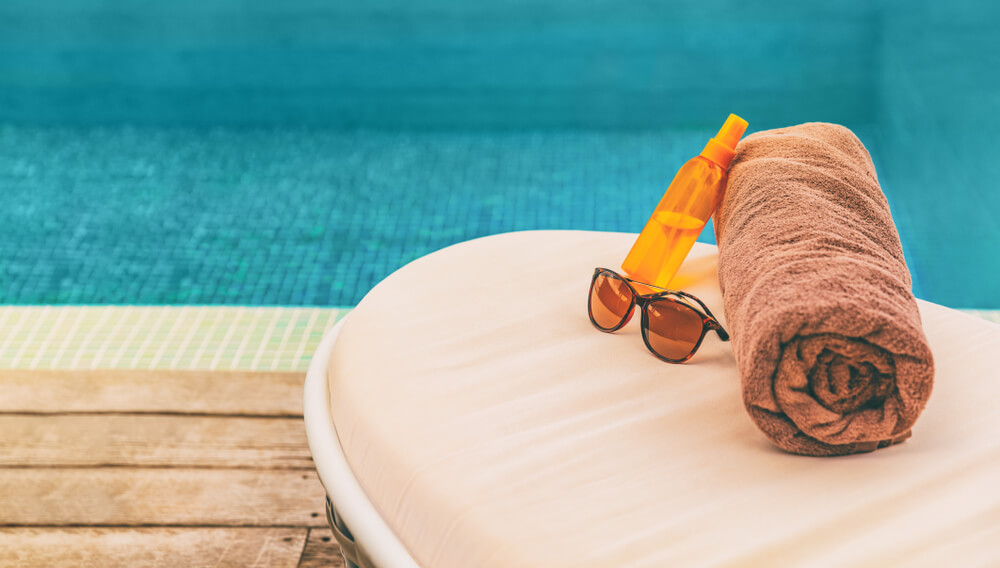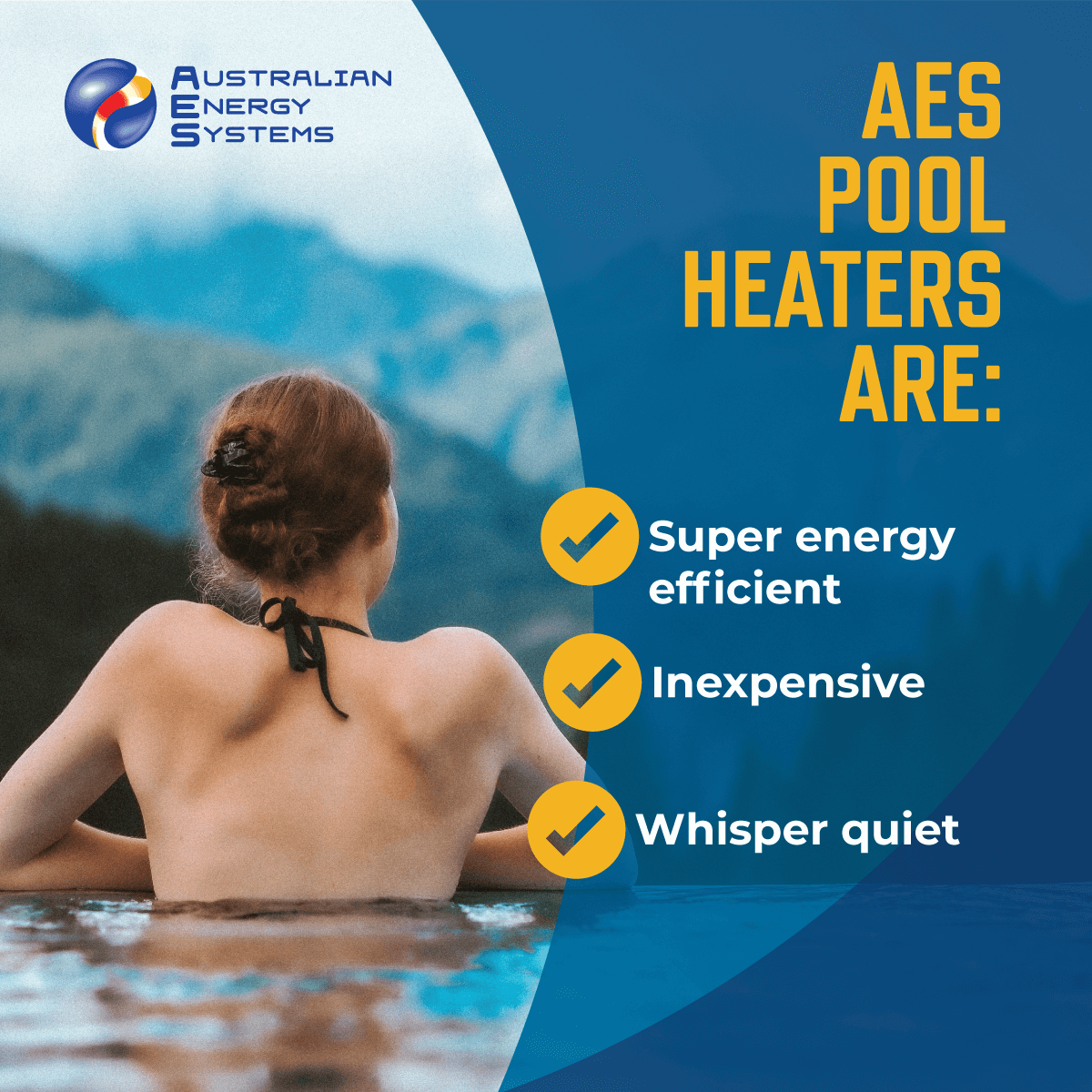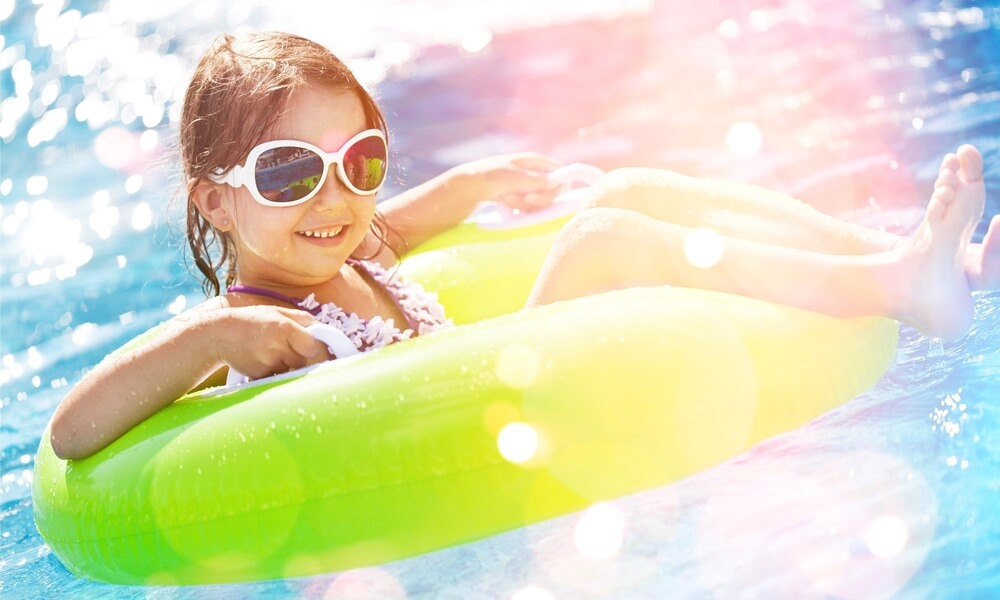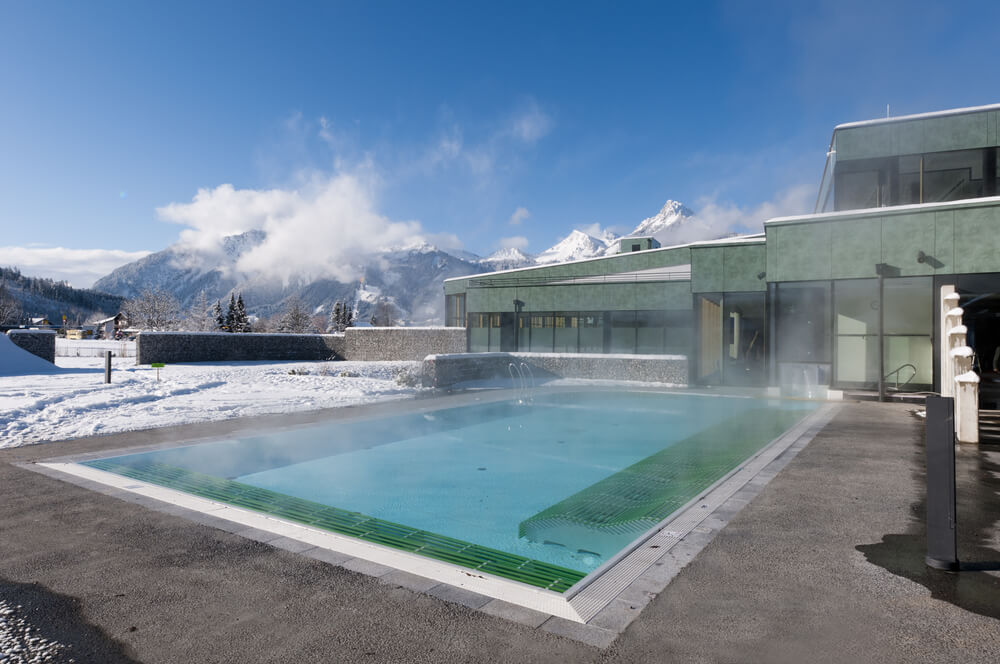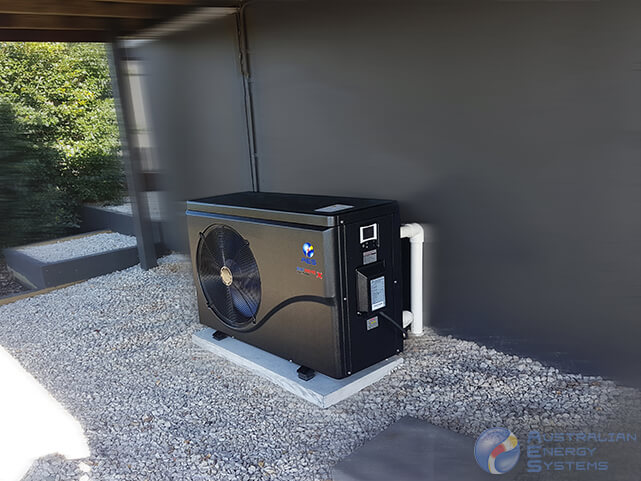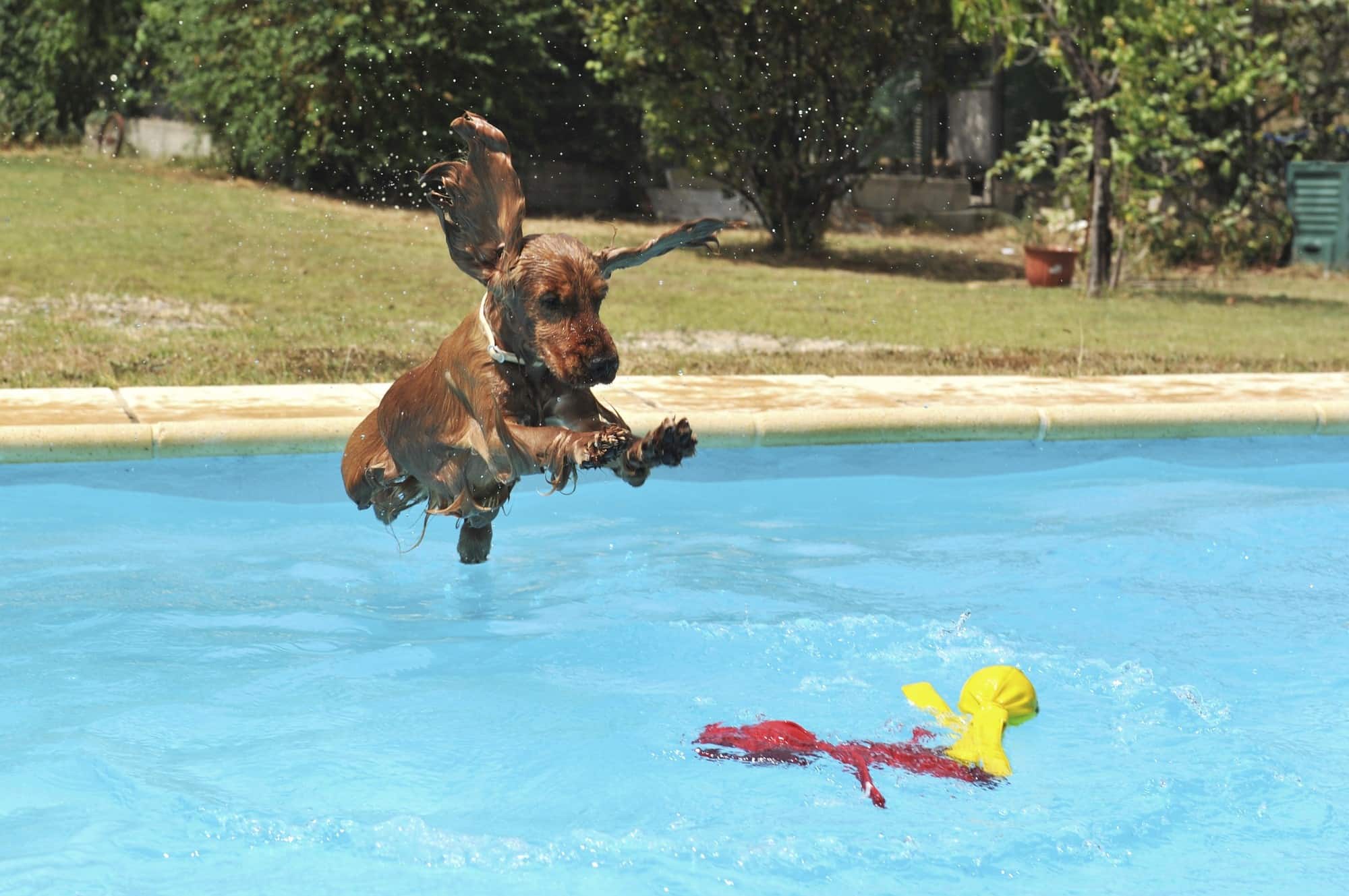While you might have plenty of options to think about with your pool – chlorine or salt, filtration options and robotic cleaners – one of the biggest is how to heat your pool so all that extra fun doesn’t break the bank.
AES Pool Heating Tweet
It’s a decision that needs the expert guidance of a professional because it requires a fair amount of science to determine maximum efficiency and effectiveness.
You may be surprised to realise that the performance of a pool heater can be heavily impacted by factors such as:
- Your geographical location
- Local environment and pool orientation (shaded, exposed, and a north, south, east or west aspect)
- Pool size
- Number of sunny days per year
- Average rainfallper year
- Average daytime (and night-time) temperatures
- Soil temperature
- Whether or not a pool blanket is used
- Regularity of use (daily or just occasionally)
- Presence of solar panels
- Personal preferences such as environmental impact
If you’re serious about achieving and maintaining comfortable swim temperatures beyond peak season, speak with a trusted professional about heating options. That way, you’ll receive the best efficiency and results for years to come.
There are three main types of pool heater you can choose from, and we recommend. Let’s have a look at each type, how it works and how economical it is for your back pocket.
Table of Contents
Electric heat pumps: the most cost-effective choice for the majority
As a general rule, our top pick for cost-efficiency is the electric heat pump. It performs well in most settings and delivers up to ten years of reliable, consistent, and inexpensive pool heating.
Much like a reverse cycle air conditioner, an electric pool heater draws warm air from the environment and heats your pool water using a compressor, evaporation coils and condenser.
This process can be a little slower than a gas heater, but what it lacks in speed it more than makes up in cost savings. Electric heaters are a fabulous choice in warmer climates, since the ambient air temperatures are higher and need less power to heat the pool water, saving even more while getting the job done.
While the initial outlay can be a little more for an electric heat pump, the long life span and low energy consumption mean these heaters are the cheapest pool heating option for most people over the longer term.
As a bonus, owners of electric heat pumps can benefit further by running the pump at the warmest time of the day. By simply setting the filtration system and heater to run in the peak daytime heat, the two will work in conjunction to deliver optimum results.
Solar: free energy following installation
Solar is a great option for those who shop with the environment in mind, or who live in a predominantly sunny location.
Solar has gained popularity because it boasts negligible operating costs, utilises renewable energy and is relatively fuss-free to maintain. However, solar pool heating does require a more substantial outlay and installation cost.
Once established, a solar pool heating system is controlled digitally and circulates pool water through strip or solar panel collectors on the roof, which have absorbed energy and warmth from the sun.
That’s why a bright and sunny location will help you get the most out of your solar pool heater – the water will only be able to heat up if there is enough sunshine to warm the panels.
For this reason, your pool won’t heat while it’s raining, cold or at night, so there may be periods where heat is lost or simply not available. This results in less consistency and control over your pool-warming efforts.
That said, if you live in a sun-drenched climate, where the temperatures are moderate and your goal is an extra few weeks of swim-time per season, solar may be a great option for you, your bank account and the environment.
Gas heaters: maximum convenience and speed
As a general rule, gas doesn’t top the bill for the most cost-efficient pool heating. Not because it isn’t great – it really is! Gas heating delivers incomparable heating speed and works in all climate conditions, making it extremely convenient if you want to heat your pool on demand (think comfortable temperatures within just a few hours).
However, the rising price of gas makes this type of pump the best option for only a select few. In the wrong setting, it’s possible for a gas heater to use more energy and incur higher operating costs through just a few brief uses compared to the cost of an electric heat pump.
Technically, gas heaters are the cheapest pump unit to buy at the outset, but that saving must be balanced against the fact that they have a shorter lifespan. On average, a gas pool heater will last for around five years; about half that of their modern electric competitors.
That said, there are some situations and locations where gas is the ideal solution, so never say never! Some instances where gas heaters will deliver exceptional results include small pools and spas, places where sunlight is limited or where the climate is fairly warm and the requirement for heating is minimal.
Another great option for gas heaters is in a home that is already connected to a gas line, to assist with the supply. If your pool fits these categories, chat with your local heating professional or contact us for recommendations on the best size gas pump for your pool, as many makes now offer a selection of sizes to suit different pool capacities.
A tip for maximum efficiency
No matter which pool heater you select, you will always benefit from setting a reasonable “goal” temperature. Most Australians consider 25 to 28 degrees Celsius to be a very comfortable swimming temp, and it will stand you in good stead to remember that with every additional degree, you can expect to add approximately 15% to your heater’s operating costs!
By being realistic about your optimum temperature, you will be rewarded with reasonable expenditure and plenty of pool time pleasure.
If you’d like to chat about your pool heating options or to get a free onsite quote, you can contact our team anytime.

